Mechanical Systems
A mechanical system is a collection of interconnected components that work together to perform a specific task. These systems use mechanical energy to accomplish various functions, such as moving, lifting, or transforming materials.
Key Components of Mechanical Systems
- Input: The force or energy applied to the system
- Mechanical elements: Such as gears, levers, pulleys, and wheels
- Output: The result of the system's operation, such as movement or the application of force
Examples of Mechanical Systems
There are numerous examples of mechanical systems in everyday life, including:
- A bicycle, with its gears, chains, and wheels
- A crane, which uses pulleys and levers to lift heavy objects
- An escalator, which employs a combination of gears, belts, and motors to move people between floors
Study Tips for Understanding Mechanical Systems
To better understand mechanical systems, consider the following study tips:
- Learn about simple machines, such as levers, pulleys, and inclined planes, and how they are used in mechanical systems
- Explore real-world examples of mechanical systems and analyze how they function
- Understand the concept of mechanical advantage and how it applies to different types of systems
Conclusion
Understanding mechanical systems is crucial for grasping the fundamental principles of engineering and physics. By studying the components, functions, and applications of these systems, you can gain valuable insights into the world of mechanics and technology.
.◂Science Worksheets and Study Guides Fourth Grade. Animal Growth and Reproduction
Study Guide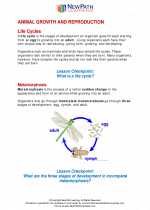 Animal Growth and Reproduction
Animal Growth and Reproduction  Activity Lesson
Activity Lesson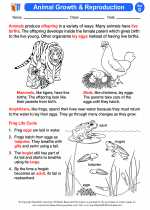 Animal Growth & Reproduction
Animal Growth & Reproduction  Worksheet/Answer key
Worksheet/Answer key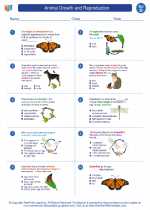 Animal Growth and Reproduction
Animal Growth and Reproduction  Worksheet/Answer key
Worksheet/Answer key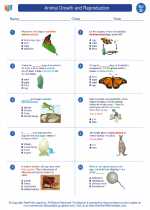 Animal Growth and Reproduction
Animal Growth and Reproduction  Worksheet/Answer key
Worksheet/Answer key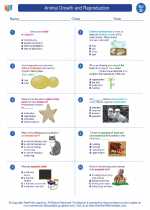 Animal Growth and Reproduction
Animal Growth and Reproduction  Worksheet/Answer key
Worksheet/Answer key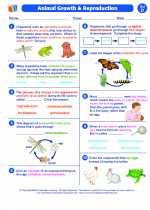 Animal Growth and Reproduction
Animal Growth and Reproduction  Vocabulary/Answer key
Vocabulary/Answer key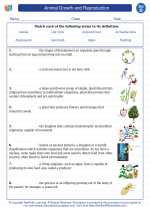 Animal Growth and Reproduction
Animal Growth and Reproduction  Vocabulary/Answer key
Vocabulary/Answer key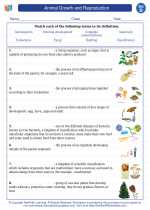 Animal Growth and Reproduction
Animal Growth and Reproduction  Vocabulary/Answer key
Vocabulary/Answer key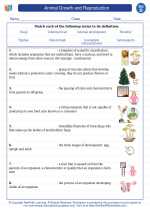 Animal Growth and Reproduction
Animal Growth and Reproduction  Vocabulary/Answer key
Vocabulary/Answer key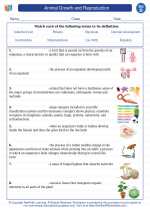 Animal Growth and Reproduction
Animal Growth and Reproduction  Vocabulary/Answer key
Vocabulary/Answer key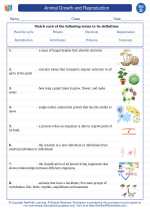 Animal Growth and Reproduction
Animal Growth and Reproduction 

 Activity Lesson
Activity Lesson
 Worksheet/Answer key
Worksheet/Answer key
 Worksheet/Answer key
Worksheet/Answer key
 Worksheet/Answer key
Worksheet/Answer key
 Worksheet/Answer key
Worksheet/Answer key
 Vocabulary/Answer key
Vocabulary/Answer key
 Vocabulary/Answer key
Vocabulary/Answer key
 Vocabulary/Answer key
Vocabulary/Answer key
 Vocabulary/Answer key
Vocabulary/Answer key
 Vocabulary/Answer key
Vocabulary/Answer key

The resources above cover the following skills:
Life Science
Heredity and Reproduction - A. Offspring of plants and animals are similar to, but not exactly like, their parents or each other. B. Life cycles vary among organisms, but reproduction is a major stage in the life cycle of all organisms.
Compare and contrast the major stages in the life cycles of Florida plants and animals, such as those that undergo incomplete and complete metamorphosis, and flowering and nonflowering seed-bearing plants.